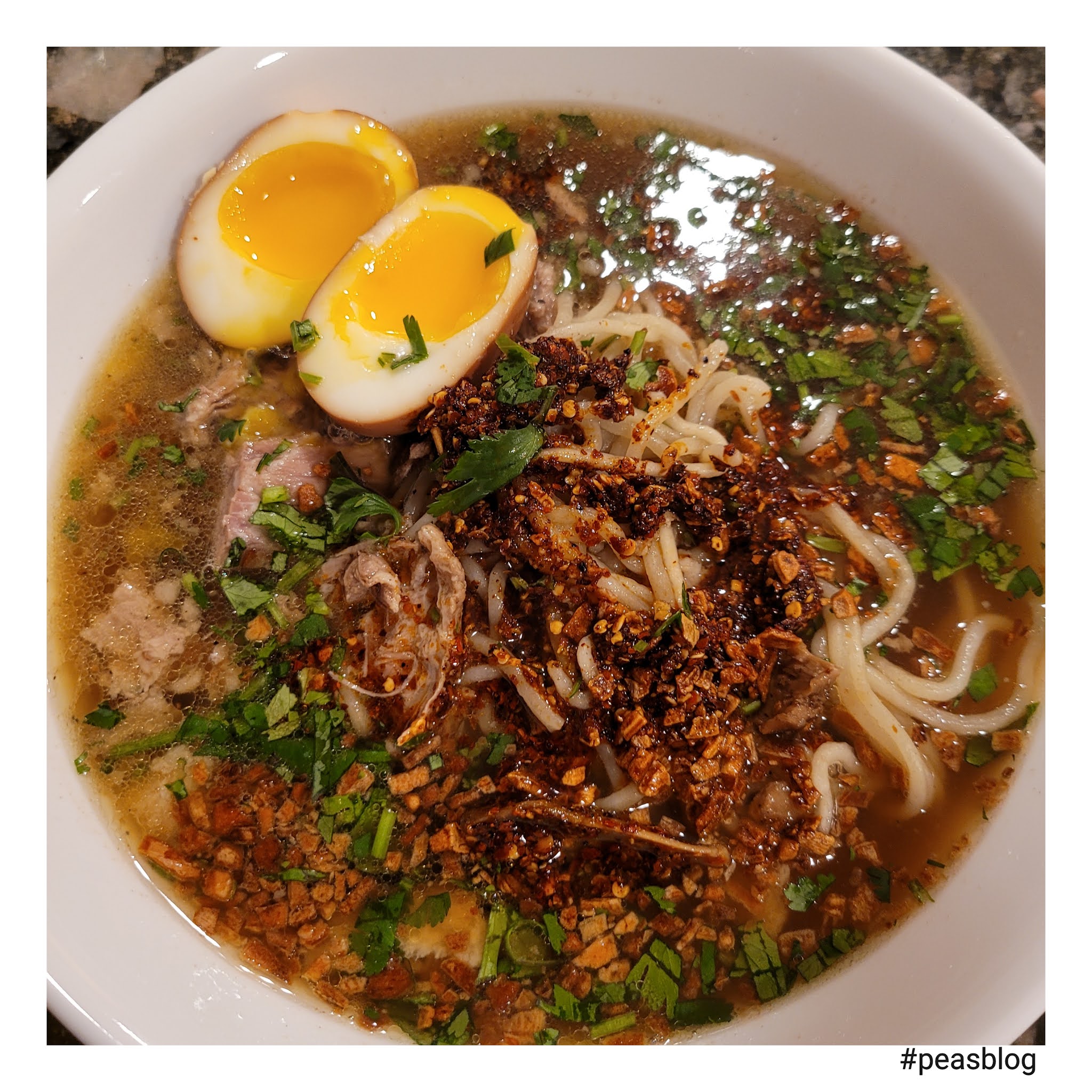Ramen noodle disease is a term that has gained traction in recent years, often associated with unhealthy eating habits, particularly among college students and young adults. This phenomenon highlights the growing reliance on instant noodles as a primary food source. With their convenience, affordability, and wide availability, ramen noodles have become a staple for many, but at what cost? Understanding the implications of this diet is crucial for public health awareness and individual well-being.
As the consumption of ramen noodles continues to rise, so do the concerns regarding nutritional deficiencies and health problems that may arise from regular intake. The term "ramen noodle disease" encapsulates the health issues linked to excessive consumption of these instant meals, which are often low in essential nutrients and high in sodium. The consequences may not be immediately apparent, but over time, the toll on one's health can be significant.
This article aims to shed light on the various aspects of ramen noodle disease, its causes, and potential health risks. We will explore the nutritional profile of ramen noodles, the impact of a diet heavily reliant on processed foods, and provide practical tips for healthier eating. By raising awareness of ramen noodle disease, we hope to encourage individuals to make informed dietary choices and prioritize their health.
What is Ramen Noodle Disease?
Ramen noodle disease refers to a range of health issues that arise from the excessive consumption of ramen noodles, particularly instant varieties. These noodles are typically high in refined carbohydrates, sodium, and preservatives, while being low in essential nutrients such as vitamins, minerals, and fiber. This imbalance can lead to various health problems when ramen noodles replace more nutritious food sources in one's diet.
What Are the Symptoms of Ramen Noodle Disease?
The symptoms of ramen noodle disease can vary based on individual health conditions and the extent of ramen noodle consumption. Common symptoms may include:
- Fatigue and lethargy
- Weight gain or difficulty losing weight
- Digestive issues such as bloating or constipation
- High blood pressure due to excessive sodium intake
- Nutritional deficiencies, leading to anemia or weakened immune function
Who Is Most At Risk for Ramen Noodle Disease?
While anyone can be affected by ramen noodle disease, certain demographics are more vulnerable. These include:
- College students facing tight budgets
- Individuals with busy lifestyles who prioritize convenience
- People living in food deserts with limited access to fresh produce
How Does Ramen Noodle Disease Develop?
The development of ramen noodle disease is often gradual and is influenced by several factors:
- Dietary Choices: A diet heavily reliant on processed foods like ramen noodles lacks essential nutrients.
- Convenience: The ease of preparing instant noodles can lead to overconsumption, particularly among those with busy lifestyles.
- Social Influences: Trends in food consumption, especially among peers, can impact dietary habits.
What Nutritional Deficiencies Are Associated with Ramen Noodle Disease?
Ramen noodles are often low in essential nutrients, leading to deficiencies that can impact overall health. Some common deficiencies include:
- Vitamin A: Important for vision and immune function.
- Vitamin C: Crucial for skin health and immune support.
- Iron: Necessary for blood production and energy levels.
How Can You Prevent Ramen Noodle Disease?
Preventing ramen noodle disease involves making informed dietary choices and finding healthier alternatives. Here are some tips:
- Incorporate more whole foods such as fruits, vegetables, and whole grains into your diet.
- Limit the consumption of instant noodles and processed foods.
- Experiment with healthier homemade noodle recipes using fresh ingredients.
- Stay hydrated and maintain a balanced diet rich in nutrients.
Should You Completely Eliminate Ramen Noodles from Your Diet?
While it may not be necessary to completely eliminate ramen noodles from your diet, moderation is key. Enjoying them occasionally while ensuring a balanced diet can help mitigate the risks associated with ramen noodle disease. Consider pairing ramen noodles with nutrient-dense toppings such as vegetables, lean proteins, and healthy fats to create a more balanced meal.
Conclusion: Understanding Ramen Noodle Disease
In conclusion, ramen noodle disease serves as a cautionary tale about the potential health consequences of relying heavily on instant noodles as a dietary staple. By understanding the risks associated with this diet, individuals can make more informed choices and prioritize their health. Embracing a balanced diet rich in whole foods, staying mindful of portion sizes, and being aware of nutritional needs can help prevent the adverse effects of ramen noodle disease while still enjoying the convenience of quick meals.
Discovering The Culinary Mastery Of Mika Chef Miami
Discovering The Allure Of Demi Rose: A Journey Through Her Life And Career
Unraveling The Raymen Noodle Recall: What You Need To Know


